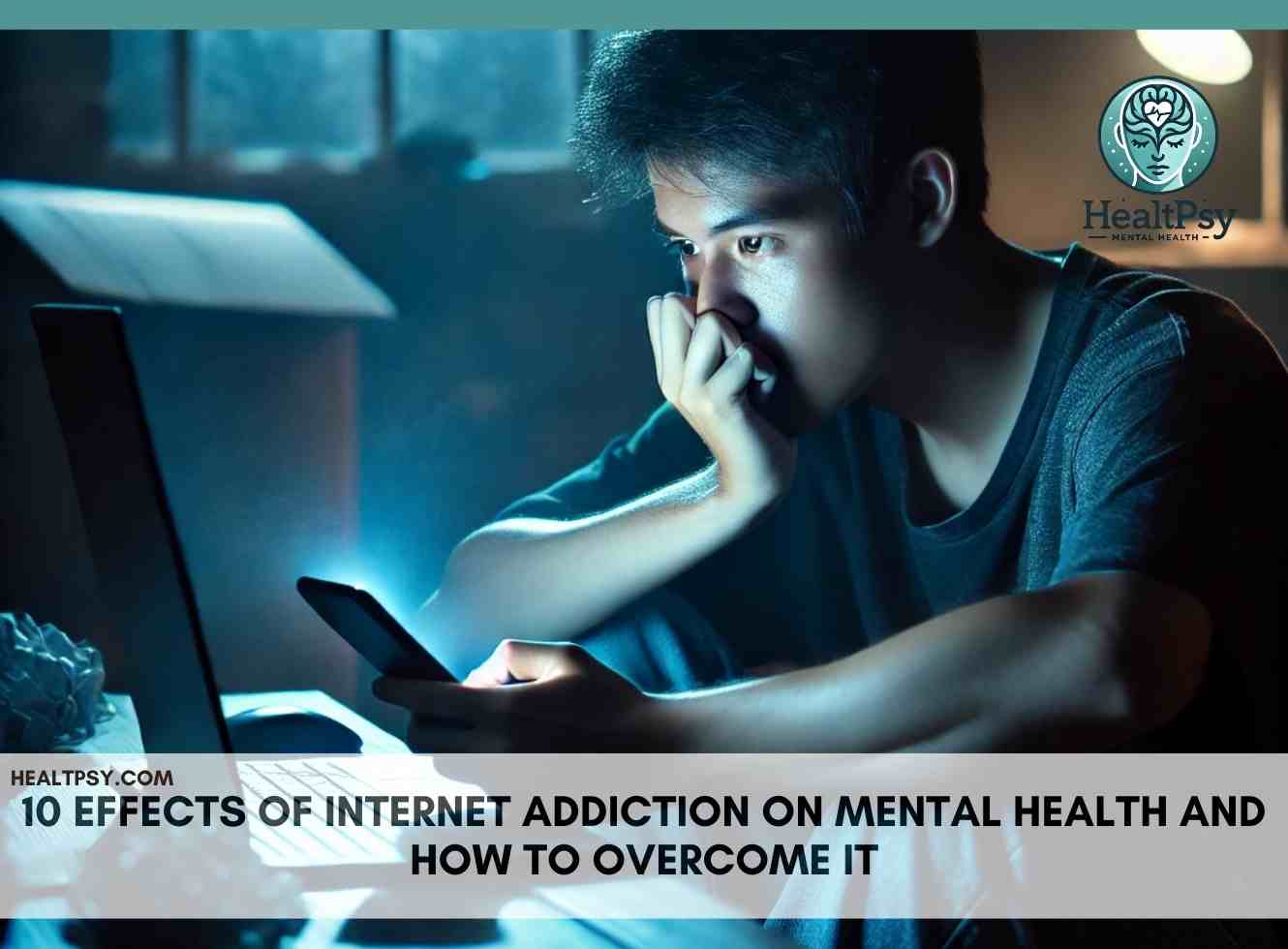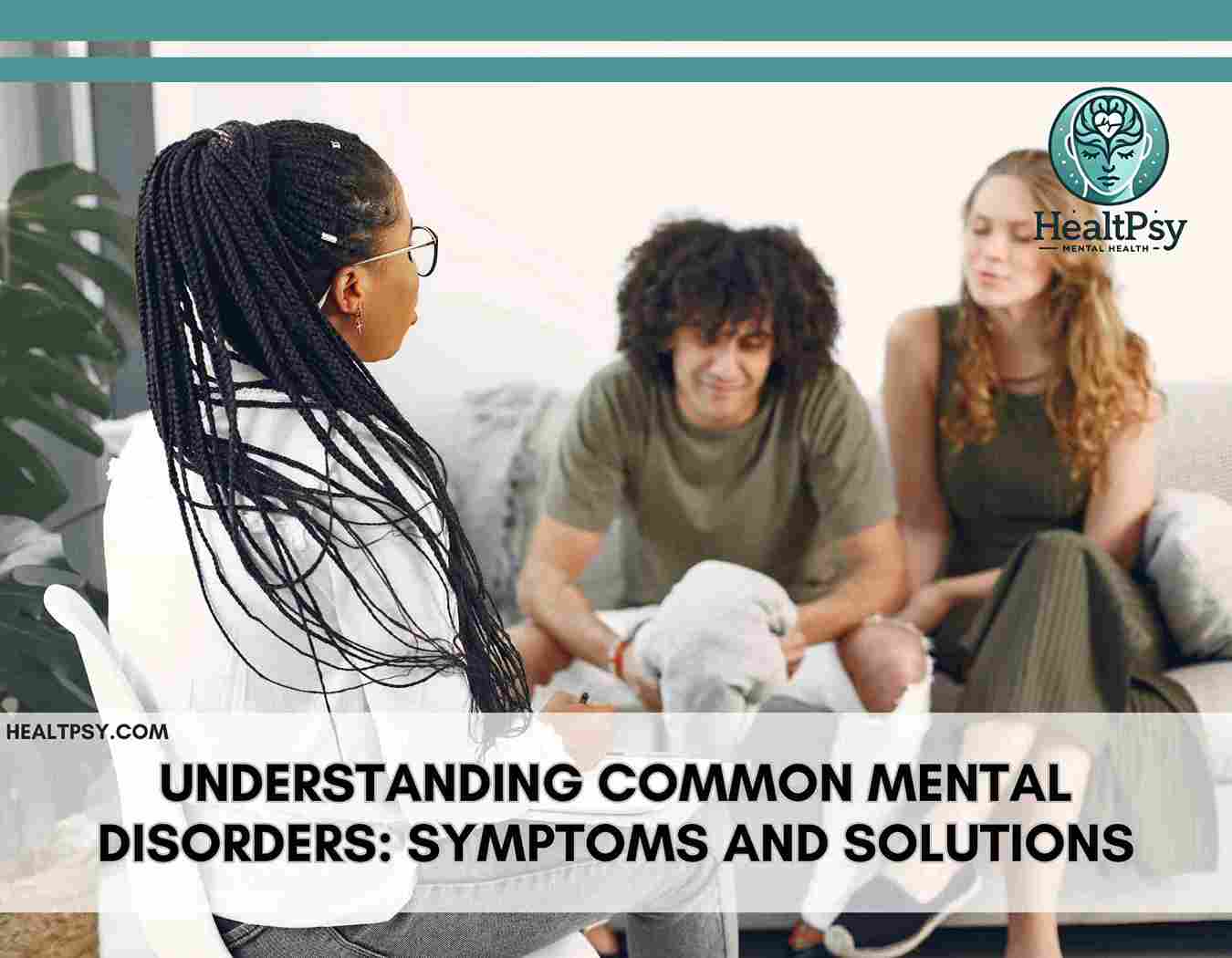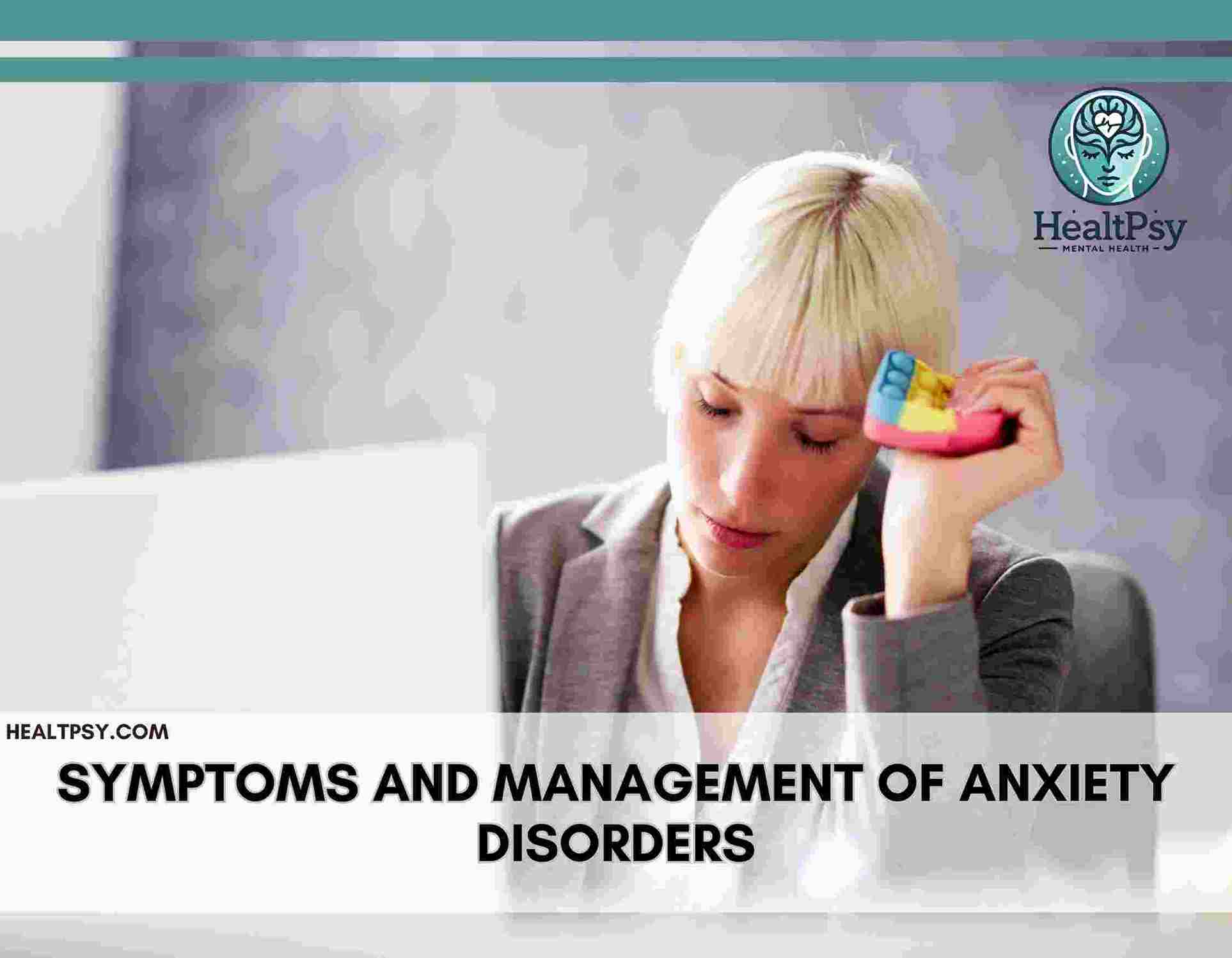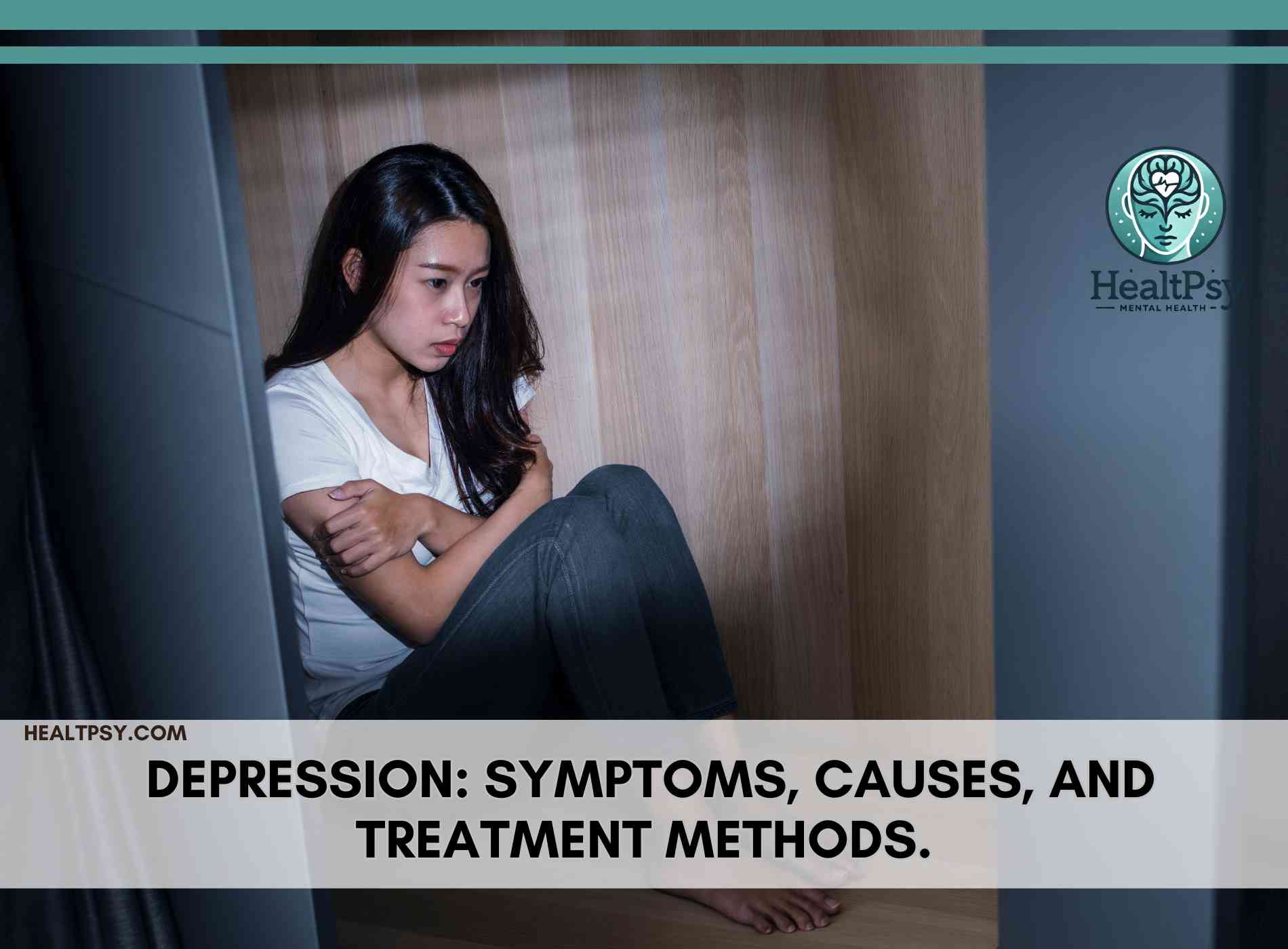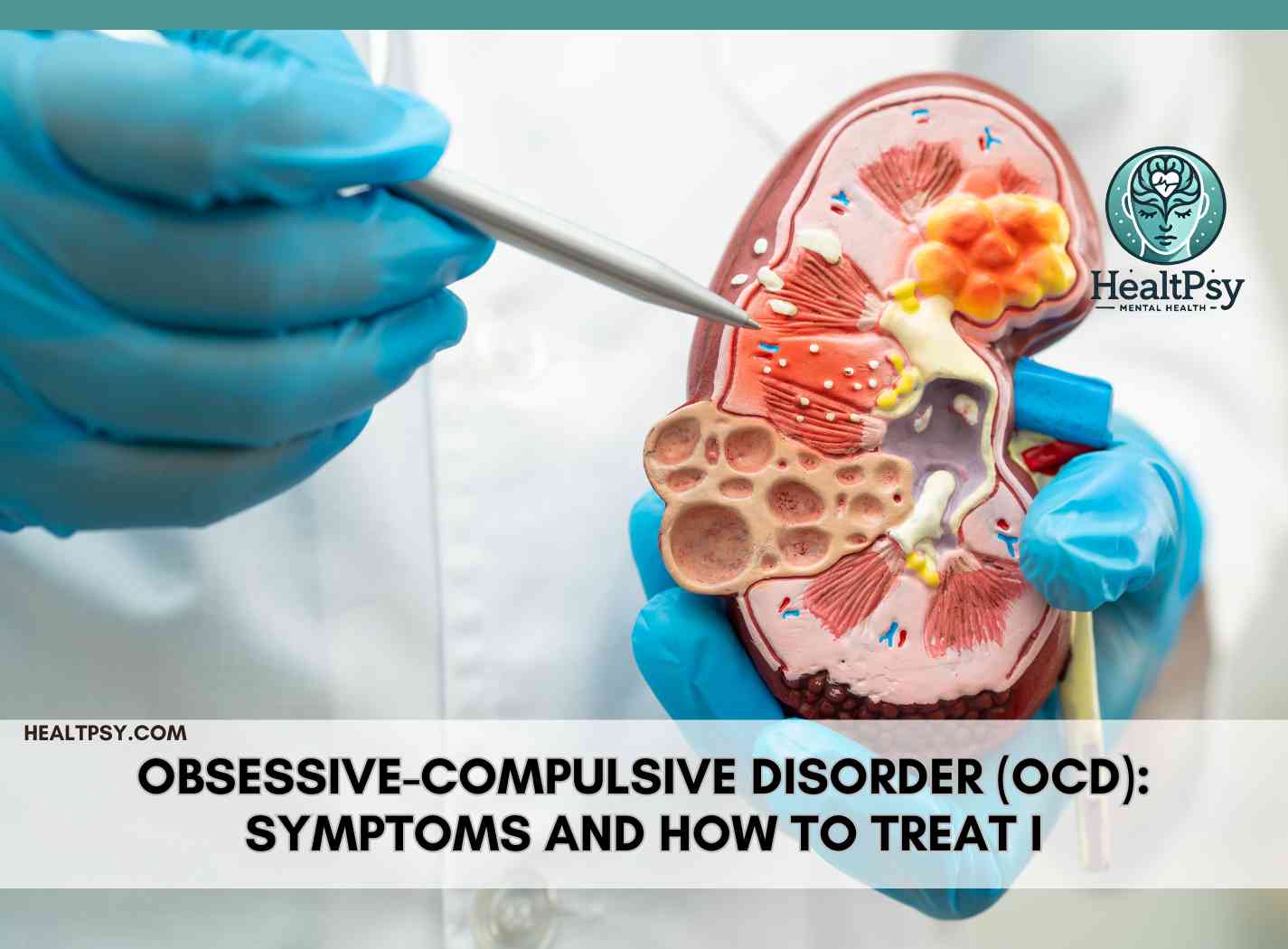10 Harmful Effects of Internet Addiction on Mental Health and How to Overcome It
Introduction
The internet has become an integral part of modern life, offering countless benefits for communication, education, and entertainment. However, excessive internet use can lead to **internet addiction**, negatively impacting mental health and overall well-being. Understanding its effects and implementing effective strategies to manage it is crucial for maintaining a healthy digital balance.
What is Internet Addiction?
Internet addiction, also known as problematic internet use (PIU), is characterized by excessive and compulsive use of the internet, leading to emotional distress and disruption of daily activities. Common forms include:
- Social media addiction – Constant scrolling and overuse of platforms like Facebook, Instagram, and TikTok.
- Gaming addiction – Excessive time spent on online video games, affecting real-world responsibilities.
- Online gambling addiction – Uncontrollable urges to participate in online betting and gambling.
- Compulsive web surfing – Endless browsing, often leading to time mismanagement and procrastination.
People struggling with internet addiction often experience a lack of control over their online habits, feeling compelled to stay online despite the negative consequences on their personal, social, and professional lives. Studies suggest that excessive internet use can lead to a rewiring of the brain’s reward system, making online activities more enticing than real-life interactions. This compulsive behavior may result in withdrawal symptoms, such as restlessness, irritability, or anxiety when away from digital devices.
Unlike other forms of addiction, internet addiction is unique because it is not related to a substance but rather a behavior that integrates deeply into daily routines. This makes it particularly challenging to recognize and address, as people may justify their excessive internet use as necessary for work, socialization, or entertainment. Recognizing the warning signs—such as losing track of time online, neglecting responsibilities, and experiencing mood changes when offline—is the first step toward addressing the problem.
Additionally, internet addiction does not affect all individuals equally. Certain personality traits, such as impulsivity, anxiety, and low self-esteem, may increase the likelihood of developing problematic internet use. Adolescents and young adults, in particular, are more vulnerable due to their increased engagement with digital platforms and social media, making it critical to raise awareness and promote healthy online habits.
10 Negative Effects of Internet Addiction on Mental Health
Overuse of the internet can have severe consequences on mental and emotional well-being. Here are 10 major impacts:
1. Increased Anxiety and Stress
Excessive internet use can lead to **heightened anxiety levels**, particularly due to social media pressure, online conflicts, and information overload.
2. Depression
Studies show that individuals who spend too much time online, especially on social media, may experience **feelings of loneliness, isolation, and depression**.
3. Poor Sleep Quality
Excessive screen time, particularly at night, disrupts the body’s **circadian rhythm**, leading to insomnia and poor sleep hygiene.
4. Reduced Attention Span
Constant exposure to digital stimuli affects the brain’s ability to **focus, retain information, and engage in deep thinking**.
5. Decline in Social Skills
Heavy internet users often struggle with **face-to-face interactions**, leading to increased social withdrawal and communication difficulties.
6. Increased Risk of Addiction to Other Substances
Research suggests a connection between **internet addiction and substance abuse**, as both involve similar brain reward mechanisms.
7. Escapism and Avoidance Behavior
Many individuals use the internet as a means of **avoiding real-life responsibilities and emotions**, leading to personal and professional challenges.
8. Decline in Academic and Work Performance
Internet addiction reduces **productivity and cognitive efficiency**, often resulting in lower academic or work-related achievements.
9. Cyberbullying and Emotional Distress
Spending excessive time online increases exposure to **cyberbullying, harassment, and negative social interactions**.
10. Weakened Family and Personal Relationships
Excessive internet use often leads to **neglect of real-world relationships**, creating emotional distance between family members and friends.
10 Effective Ways to Overcome Internet Addiction
Managing internet addiction requires conscious effort and structured strategies. Here are 10 practical ways to regain control:
1. Set Time Limits on Internet Use
Use **screen time tracking apps** or set daily limits to control excessive browsing. Learn more about setting personal goals.
2. Establish No-Screen Zones
Create **tech-free areas**, such as bedrooms and dining spaces, to reduce screen dependency.
3. Prioritize Offline Activities
Engage in **physical exercise, hobbies, and outdoor activities** to replace unnecessary screen time.
4. Use Mindfulness Techniques
Practicing **meditation and mindfulness** can enhance self-awareness and promote healthier digital habits. Learn more.
5. Socialize in Person
Schedule face-to-face interactions with family and friends to strengthen real-world relationships.
6. Seek Professional Help
For severe cases, therapy methods like **Cognitive-Behavioral Therapy (CBT)** can be beneficial in managing internet addiction.
7. Set Digital Detox Days
Dedicate specific days to completely disconnect from digital devices to restore mental balance.
8. Create a Structured Daily Routine
Maintain a **balanced schedule** that includes offline activities, ensuring a healthier digital lifestyle.
9. Use Internet for Productive Purposes
Leverage technology for **learning, skill-building, and self-improvement** rather than aimless browsing.
10. Educate Yourself About Internet Addiction
Understanding the psychological effects of excessive internet use can encourage better digital habits.
Conclusion
Internet addiction poses significant challenges to mental health, but with the right strategies, individuals can regain control and foster a balanced digital lifestyle. Awareness, self-discipline, and professional guidance play crucial roles in overcoming excessive internet use and improving overall well-being.
you might also like

